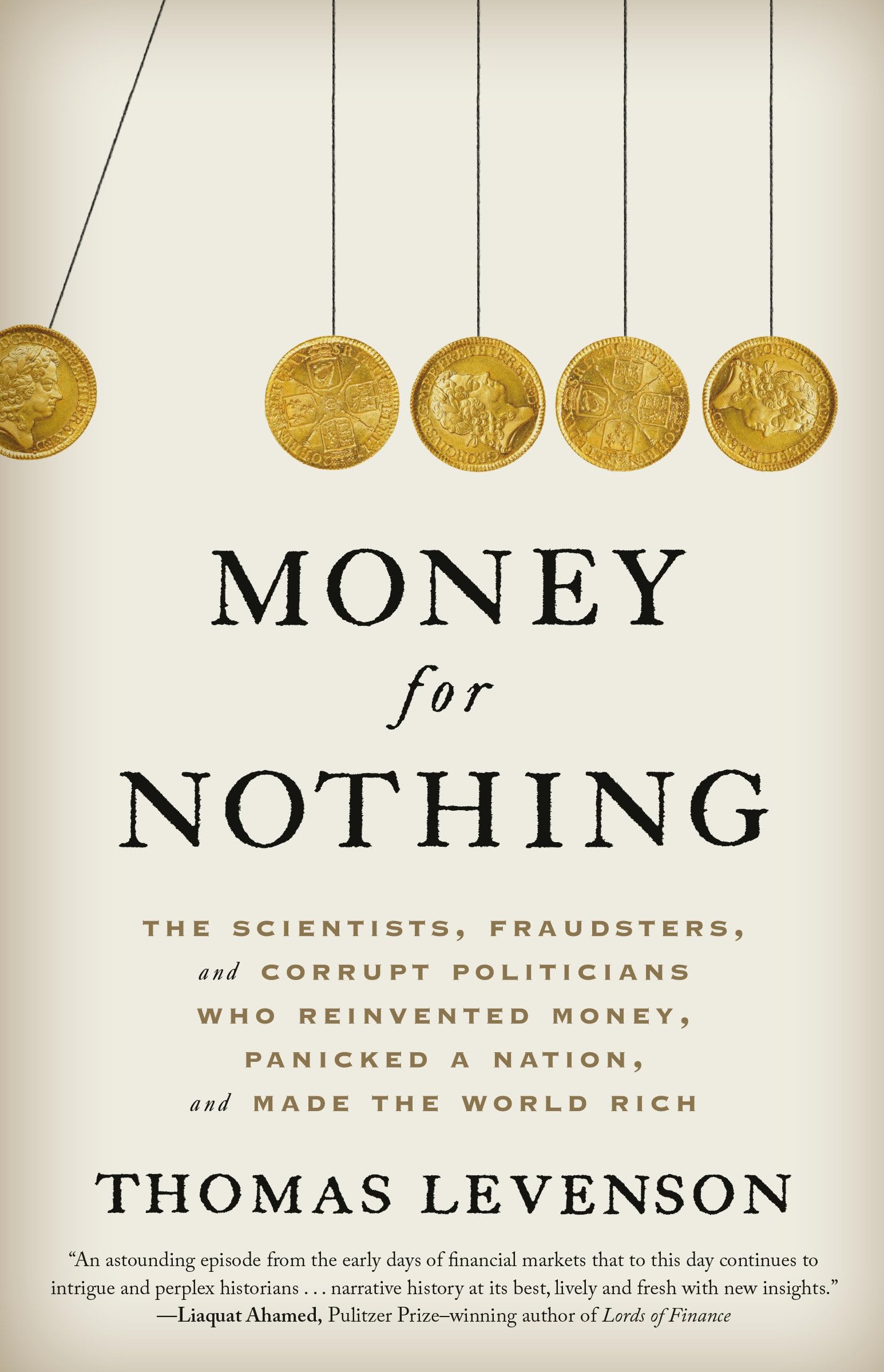

Money for Nothing: The Scientists, Fraudsters, and Corrupt Politicians Who Reinvented Money, Panicked a Nation, and Made the World Rich
C**D
Hard Read but easy if u have a financial brain
Great book and what a history - knowing this has really opened my eyes
G**A
It's ok
It's an 'ok' book. The first half is very elucidating, almost thrilling. The second half, not so much.
G**1
Many facts, presented in separate chapters
Very interesting, but needs a lot of attention when reading it. Each chapter is a historic story in its own.
K**R
An army travels on its bank account
In the UK's case, both its navy and its army travelled worldwide, although especially in Europe and against bigger and richer France. How? The UK's GDP was smaller, as was its population. Yet Britain emerged the victor.This book traces a critical change in financing war and empire to the turning of science to analyzable mathematical abstraction, which then influenced how money was viewed on both sides of the Channel. Both the UK and France turned debt into assets - really, the payment streams from debt into quantifiable assets. Both nations had resulting financial bubbles that burst in 1720. France's government returned to its older revenue-generation schemes, for example privatizing tax collection, which was stable but not flexible. Even after the UK's South Sea Company stock bubble burst, bankrupting many investors, the UK held onto its new liquid exchange for trading those promised payment streams. That gave the government ready access to debt at interest rates that could adjust to new conditions and risks.The South Sea Company had contemporaneous critics who analyzed and criticized as unsupportable its vast growth in stock value against its revenue streams. Yet Isaac Newton, easily the best mathematician in Britain, lost money, and the critics' math didn't stop the psychology that made bubble look solid to many normally astute investors. Until it wasn't solid any more, and there was nothing to stop the bursting.Sounds like 2008, huh? There will always be greedheads. How to keep them from crashing the economy like the speculative bandits they are remains an open question. Because they'll always be using every financial innovation to slice themselves the biggest piece of the pie.
A**T
A well written + invigorating read on the south sea bubble
A great + well written book on a fascinating topic (the South Sea bubble in 18th century England) w/ a unique angle (highlighting the main characters + changes in late 1600’s they led to the scientific revolution - which birthed a financial revolution) ~ and also covers 1700’s British Treasury finances and how it helped birth the empire it became. Very much worth it for students of Financial history
Trustpilot
2 months ago
2 weeks ago